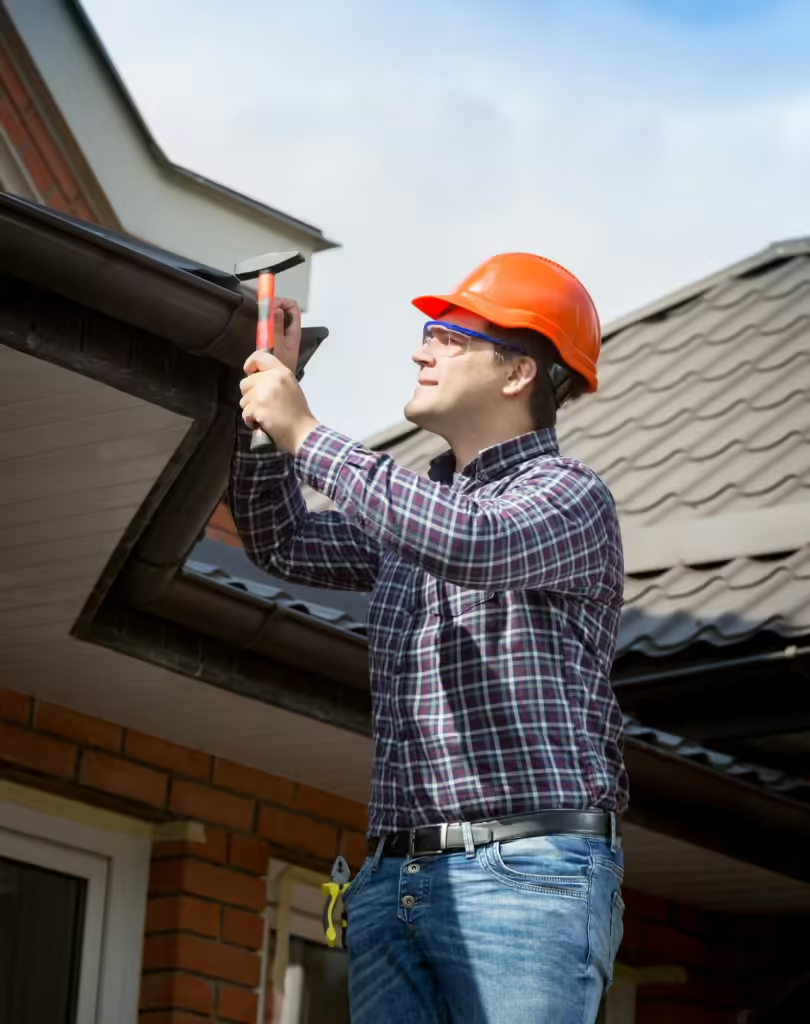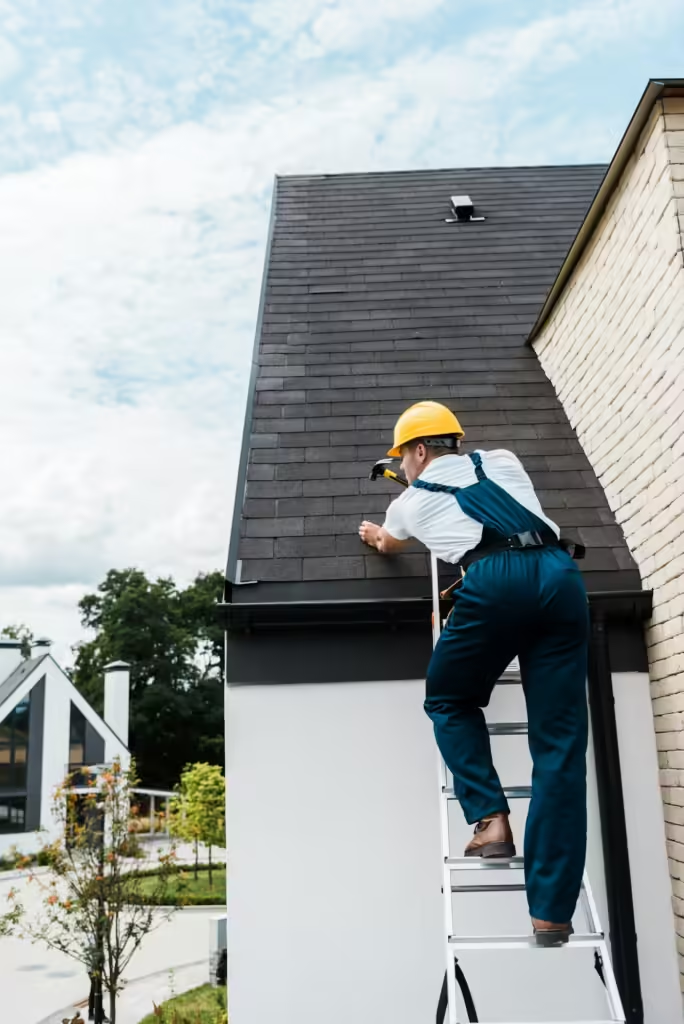How Does SEO Get You More Roofing Leads?
SEO helps roofing companies get more leads by improving their online presence. It works by optimising your website so that it appears higher in search engine results for relevant keywords, such as “roof repair near me” or “best roofer in [city].” By appearing higher in the search results, more people will see your business, click on your website, and contact you for services. SEO also involves improving the user experience on your website, making it easier for potential customers to navigate your site and reach out to you.
Get Roofing Leads With Roofing SEO Experts
Roofing SEO experts specialise in helping roofing businesses increase their online visibility and generate more leads. They understand the specific challenges roofers face in the digital space and know how to overcome them. By working with experts who are familiar with the roofing industry, you can ensure your website is optimised for the right keywords, structured properly for search engines, and designed to convert visitors into leads. These experts can also manage your online reviews, create quality backlinks, and continuously monitor your site’s performance to ensure ongoing success.
Get your website generating Roofing leads
The primary goal of roofing SEO is to turn your website into a lead-generating machine. This involves not just driving traffic to your site, but ensuring that the traffic converts into actual enquiries and jobs. By optimising your website for search engines and improving the user experience, you can increase the number of leads your website generates, helping you grow your roofing business.




